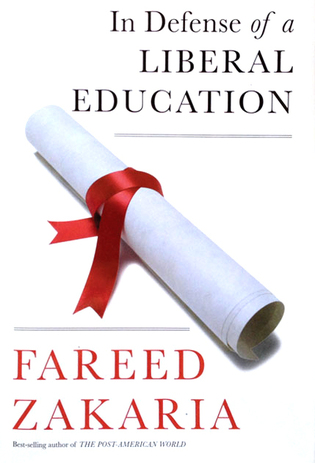 loading
loading
Reviews: September/October 2015 View full imageIn Defense of a Liberal Education Narrative historian Hampton Sides ’84 is the author, most recently, of In the Kingdom of Ice. In today’s ruthless, ring-toney, high-tech world, a liberal arts education is widely regarded as effete. The governors of Texas, Florida, North Carolina, and Wisconsin have declared their intentions to stop bankrolling the liberal arts at state institutions. Even Barack Obama has cast aspersions. In a 2014 speech, the president commented: “I promise you, folks can make a lot more, potentially, with skilled manufacturing or the trades than they might with an art history degree.” “The irrelevance of a liberal education,” Zakaria quips, “is an idea that has achieved that rare status in Washington: bipartisan agreement.” There are many reasons for this trend, Zakaria suggests. One is the pervasive, often distracting influence of social media and the Internet. Another is the cost of education itself, which has increased over 1,200 percent since 1978. Still, Zakaria sees hope for the liberal arts in many places. With some caveats, he believes in the potential for massive open online courses (“MOOCs”) to transform the education landscape. Another bright spot is the emerging concept of the global university as articulated by Yale’s liberal arts school in Singapore (Yale-NUS College), which Zakaria believes “has the potential to create a beachhead for broad-based liberal education.” Zakaria’s manifesto is shrewd and elegant, but at times, he needs to loosen his chin strap just a little. In his over-earnest depiction, the liberal arts seem meaningful, even necessary; they just don’t seem like much fun. That changes when he recalls his own first brush, as a kid fresh from India, with liberal education. He picked up a course catalogue and noted with astonishment how the class descriptions were written “as if the teachers wanted you to join them on an intellectual adventure.” Even then, he instinctively knew that this cornucopia of ideas, this creative ferment of accumulated thought, was about something far more than preparing for a career.
|
|